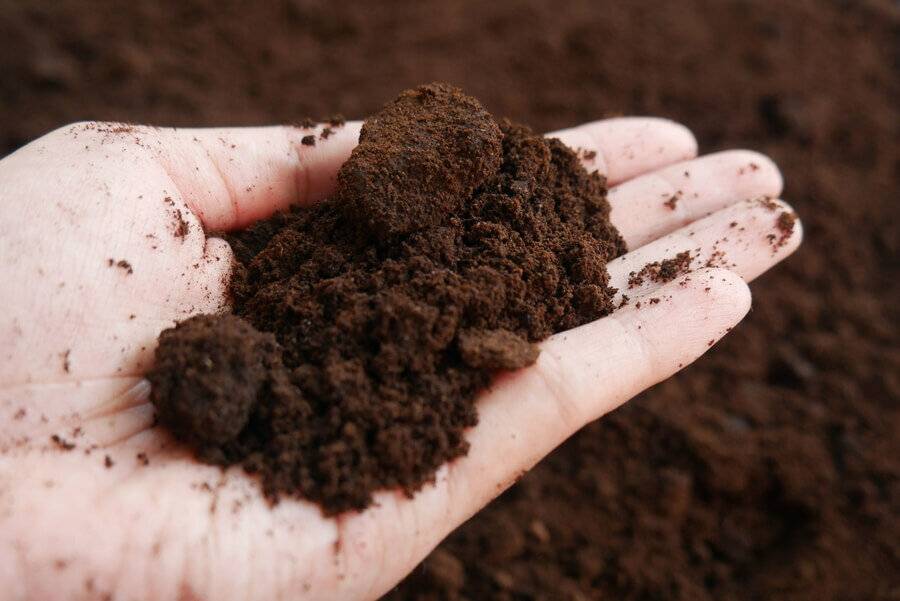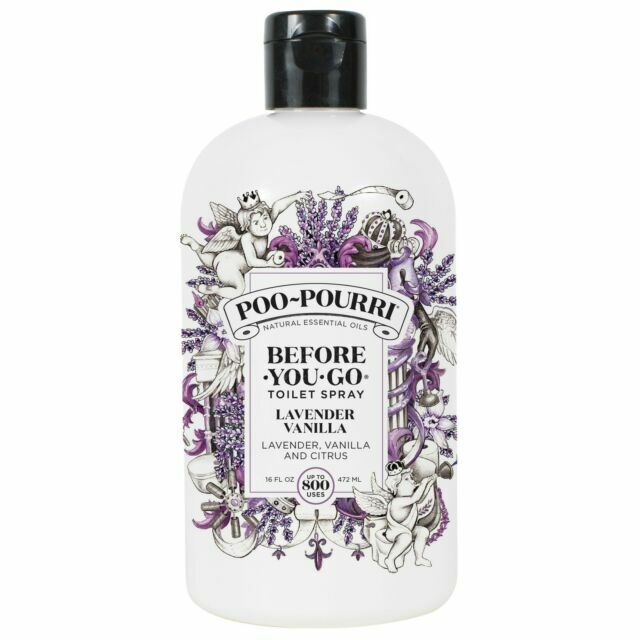Introduction: Safe Products for Septic Systems
When it comes to maintaining a healthy and functional septic system, using the right products is crucial. Septic systems are underground wastewater treatment structures that require specific care to ensure their longevity and effectiveness. Using improper products can lead to clogs, system failures, and costly repairs. In this article, we will explore a range of products commonly used in households and discuss their compatibility with septic systems.
To make it easier for you to identify safe products, we have compiled a summary table below. This table provides an overview of various product categories and their suitability for septic systems. Remember, using septic-safe products not only protects your system but also contributes to environmental sustainability.
| Product Category | Safe for Septic Systems |
|---|---|
| Household Cleaners | Yes |
| Laundry Detergents | Yes |
| Personal Care Products | Yes |
| Drain Cleaners | No |
| Antibacterial Soaps | No |
| Chemical Solvents | No |
It’s important to note that septic systems rely on natural processes to break down waste, and certain products can disrupt these processes. By choosing septic-safe alternatives, you can maintain a well-functioning septic system and minimize the risk of costly repairs or replacements.
In the following sections, we will delve deeper into each product category, discussing specific examples and providing practical recommendations. Let’s explore the world of septic-safe products and ensure the longevity of your septic system.
Understanding Safe Products for Septic Systems
Septic systems play a vital role in managing household wastewater, but they require proper care to function optimally. One crucial aspect of septic system maintenance is using products that are safe and compatible with these systems. Let’s explore different product categories and their impact on septic systems.
Household Cleaners
Household cleaners are commonly used for various cleaning tasks, but not all of them are septic-safe. Many conventional cleaners contain harsh chemicals that can disrupt the natural balance of bacteria in septic systems. However, there are septic-safe alternatives available in the market.
- Opt for biodegradable and eco-friendly cleaners labeled as septic-safe.
- Avoid cleaners with bleach, ammonia, or antibacterial agents, as they can harm the beneficial bacteria in the septic tank.
- Consider using natural cleaning solutions like vinegar, baking soda, or hydrogen peroxide, which are safe for septic systems.
Laundry Detergents
Laundry detergents can have a significant impact on septic systems, as they enter the system through washing machine drains. Some key points to consider when choosing septic-safe laundry detergents include:
- Look for detergents labeled as “septic-safe” or “biodegradable.”
- Avoid using excessive amounts of detergent, as it can lead to excessive foam and clogging in the system.
- Consider using liquid detergents instead of powders, as they tend to dissolve more easily and leave fewer residues.
Personal Care Products
Personal care products such as shampoos, soaps, and lotions can also impact septic systems. Here are some considerations for choosing septic-safe personal care products:
- Opt for products labeled as “biodegradable,” “phosphate-free,” or “septic-safe.”
- Avoid products containing microbeads, as they can accumulate in the septic tank and cause blockages.
- Consider using natural and organic personal care products, which are generally safer for septic systems.
Drain Cleaners
While it may be tempting to use drain cleaners to tackle clogs, these products can be detrimental to septic systems. The harsh chemicals in drain cleaners can kill the beneficial bacteria responsible for breaking down waste in the septic tank. Instead, try these septic-friendly alternatives:
- Use a plunger or a drain snake to clear minor clogs.
- Consider using enzymatic or bacterial drain cleaners specifically formulated for septic systems.
- Regularly maintain your drains by using drain screens to prevent debris from entering the system.
Antibacterial Soaps
While antibacterial soaps are popular for their germ-fighting properties, they can be harmful to septic systems. These soaps contain chemicals like triclosan, which can disrupt the natural balance of bacteria in the septic tank. Opt for regular soaps without antibacterial additives to protect your septic system.
Chemical Solvents
Chemical solvents, such as paint thinners, varnish removers, and certain cleaning agents, should never be disposed of down the drain. These substances can be toxic to the bacteria in septic systems and can cause serious damage. Always follow proper disposal guidelines and avoid introducing chemical solvents into your septic system.
Conclusions
Choosing septic-safe products is essential for maintaining a healthy and functional septic system. By using biodegradable, eco-friendly, and septic-safe alternatives, you can protect the beneficial bacteria in your septic tank and prevent system failures. Remember to read product labels, avoid harsh chemicals, and opt for natural alternatives whenever possible. By taking these simple steps, you can ensure the longevity and efficiency of your septic system for years to come.



0 Comments